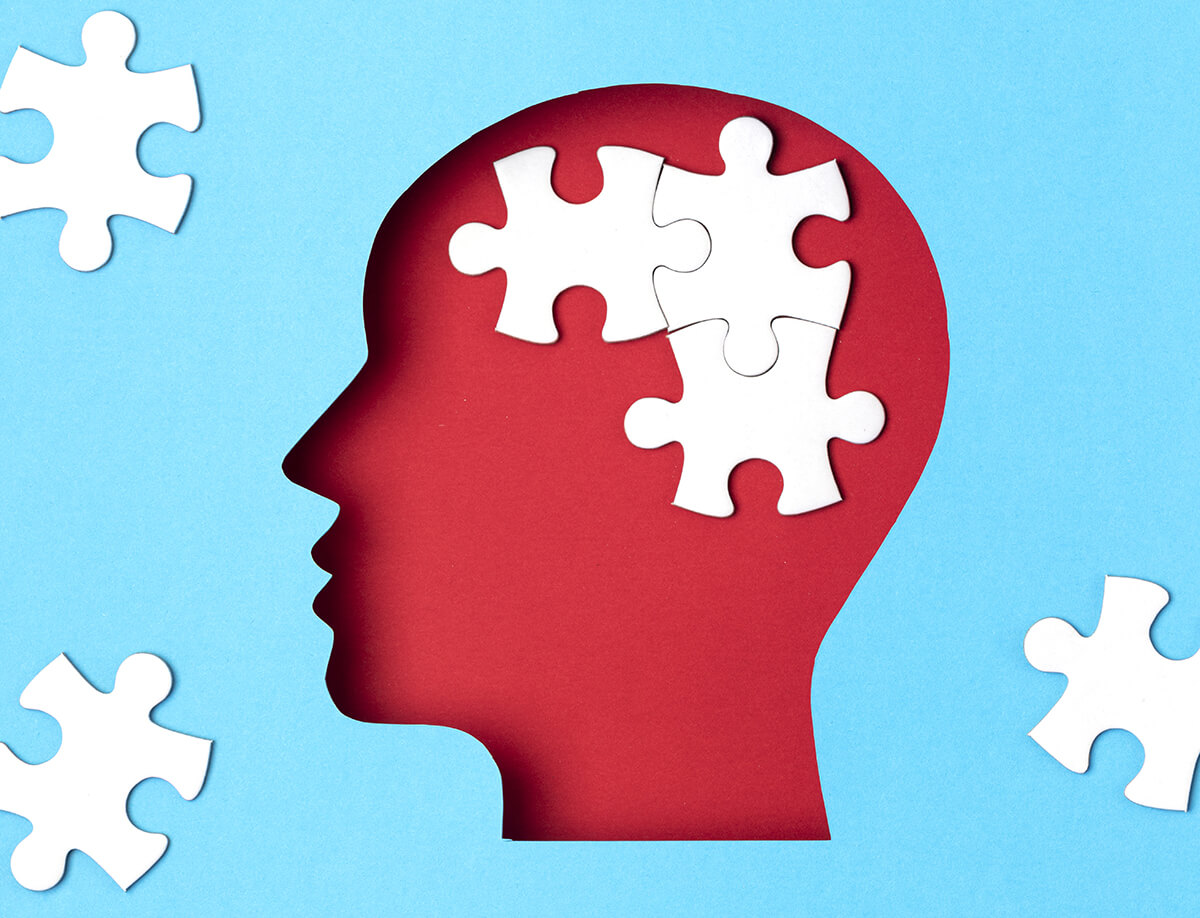Hearing Loss & Cognition
Hearing loss can impact health in numerous ways. Untreated symptoms can take a toll on brain health, contributing to an increased risk of cognitive decline. Extensive research shows that there is a correlation between untreated hearing loss and conditions like dementia and Alzheimer’s. These conditions are irreversible so identifying ways to protect brain health is of paramount importance. Numerous studies identify hearing loss as a modifiable risk factor that can be addressed, improving overall brain health.

Link Between Hearing Loss & Cognitive Decline
There is substantial research that shows a correlation between hearing loss and cognitive decline. Studies show that hearing loss increases the risk of developing conditions like dementia. A major study that looked at this link was published in 2019 in the Journal of the Alzheimer’s Association. Researchers investigated the correlation between hearing loss and cognitive decline by evaluating the hearing and cognitive capacities of 10,107 people for 8 years. At the onset of the study, participants did not have any cognitive challenges. But over the course of the study, researchers found that cognitive decline was:
- 30% higher for people with mild hearing loss
- 42% higher for people with moderate hearing loss
- 54% higher for people with severe hearing loss
These findings illustrate a significant correlation between hearing loss and cognitive decline. Researchers also found that the severity of hearing loss also increased the risk further of cognitive decline. This supports findings from numerous studies that show the impact of hearing loss on brain health.
Impact of Hearing Loss on Cognition
Hearing loss happens in the ears as well as the brain. The brain plays a critical role in how we process and understand sound. There are specific parts of the brain that are responsible for processing the auditory information received from the ears. So when the brain is not getting auditory input it is also impacted. Experts suggest a few specific ways that hearing loss impacts the brain:
Addressing hearing loss, and doing so as early as possible, can protect the brain and improve brain health in significant ways.

Benefits of Hearing Loss
Treating hearing loss can transform hearing and brain health. The most common treatment for hearing loss is hearing aids. These electronic devices are prescribed by your hearing healthcare provider and are designed to absorb, amplify, and process sound. This provides the ears and brain with significant support, making it easier to hear and understand speech. Research shows that hearing aids improve brain health in critical ways. By providing support with processing speech as well as sound, hearing aids support the areas of the brain that are responsible for speech and language comprehension. Studies show that people’s ability to perform cognitive functions (decision making, learning, memory, etc.) is enhanced by hearing aids. This strengthens cognitive functions and improves brain health.
Improving cognitive functions reduces the risk of cognitive decline and developing conditions like dementia and Alzheimer's disease. Treating hearing loss offers countless benefits that support enhanced quality of life. The first step you can take to prioritize your hearing health is scheduling an appointment for a hearing consultation which involves having your hearing comprehensively evaluated. Call us today to learn more!
